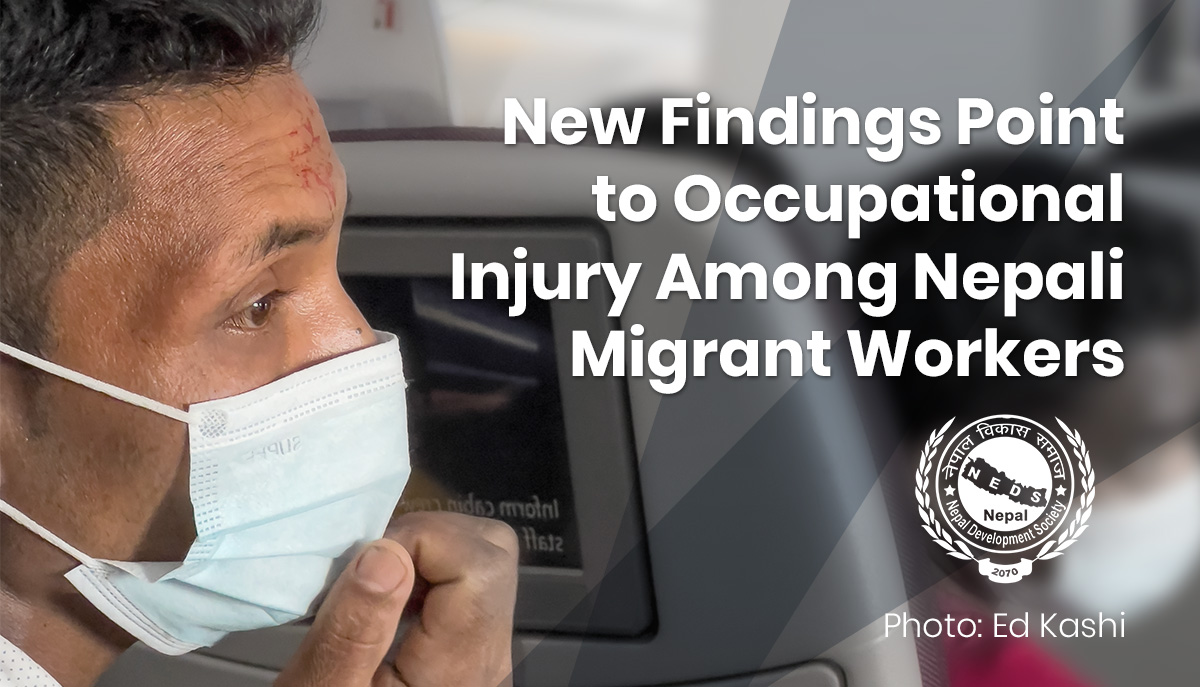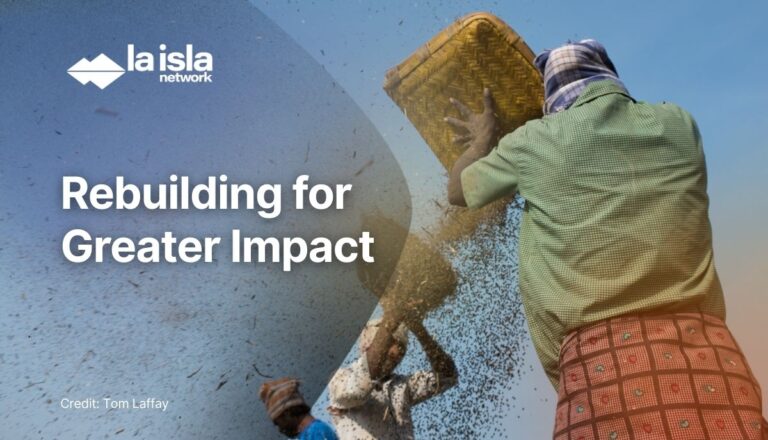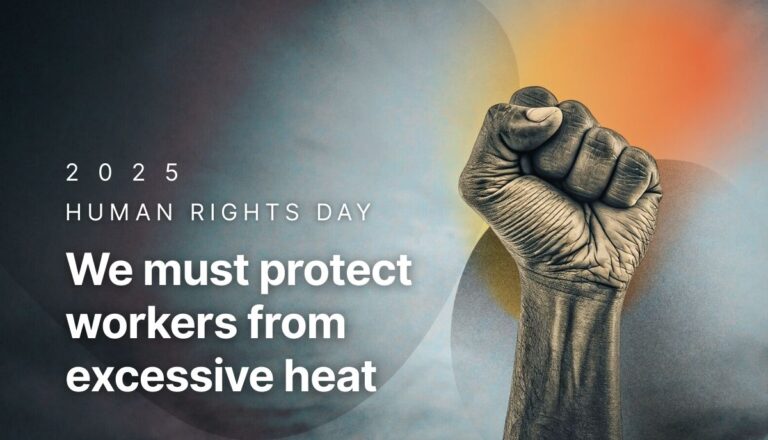Research conducted by the Nepal Development Society (NeDS) in collaboration with La Isla Network found that 31% of patients in two large dialysis centers based in Kathmandu are returnee migrants. Additionally, 50% of returnee migrants were less than 40 years old.
These returnee migrants seek out dialysis because they succumb to chronic kidney disease, a condition that is most prevalent in the elderly population and in people with diabetes mellitus or hypertension. NeDS’s descriptive cross sectional research found extremely low prevalence of diabetes and obesity among the returning migrant workers.
Before embarking on the journey to labor, migrant workers undergo a health inspection to ensure they are fit to work. Though they leave Nepal healthy, Nepali migrant workers return with chronic kidney disease. The condition is debilitating on several fronts. First, it handicaps young workers who are in the prime of their lives. Also, dialysis becomes an incurred cost for workers whose reason for migrating to work was to increase their and their families’ cash flow. Not least, chronic kidney disease is highly stigmatized.
A study published in March found that Nepali migrant workers were exposed to severe weather conditions and experienced workplace abuse and exploitation while working in the Gulf Cooperation Council (GCC). That study compiled the experiences of 60 returnee migrant workers in one community.
Research by NeDS found similar results. Returnee migrants experienced extreme workloads (36%), no breaks (37%), and exhaustion (68%). Among those who reported heat exposure at work, 70% were exposed daily.
Migrant workers from Nepal and Malaysia compose a large number of the workers in the GCC. In Qatar alone, Nepalis account for about 432,000 — or 16% of the total population, according to UN data from July 2022. Most of them are employed at construction sites.
Before joining forces, La Isla Network and NeDS had both been working for years in parallel functions. While La Isla Network was earning a reputation for addressing chronic kidney disease in Central America, NeDS was working laboriously to ameliorate the extent of non-communicable diseases among Nepalis.
Finally in 2022, La Isla Network and NeDS joined forces to address this distressing problem among migrant workers in Nepal. A multi-stakeholder contingent of La Isla Network leaders embarked to Nepal in early 2022 to study the problem up-close. CEO and co-founder of La Isla Jason Glaser, scientist at Johns Hopkins Bloomberg School of Public Health and NeDS founder Dinesh Neupane, nephrologist Dr. Shailendra Sharma, and lead researcher Dr. Sweta Koirala witnessed a startling scene: young and vibrant returnee migrant workers undergoing dialysis.
Koirala said the scene was shocking. To grasp the situation, she sat down and chatted with the returnee migrant workers while they underwent dialysis. “Sometimes I would take seasonal fruits, like mangoes, or a cup of herbal tea. Casually, the conversation would start, from his name, to his age, the dates he went abroad,” she said.
The returnee migrant workers felt pride looking at pictures of the buildings they helped to construct, Koirala said. “If you meet Nepalese people, you will understand that they are carefree. They live in peace and like to smile despite all of the difficulties,” said Koirala.
It is exactly this on-the-ground know-how and empathy that makes NeDS adept at doing their job to create data-driven research to improve the lives of Nepalis, said Glaser.
“Our colleagues at NeDS are a pleasure to work with. They have a demonstrated track record of excellent participant-led research in communities,” he said. “Research on the ground will allow us to understand how multiple factors are creating situations that are putting migrants in harm’s way.” Together, assured Glaser, the organizations’ mission is to intervene to protect workers from preventable injuries.
Sharma, Neupane and Koirala agree that the key to achieving that mission is data, which will be used to inform policy change. In an interview with Sharma and Neupane, the pair were hopeful that progress is already underway, because they are using the data as a point of convention between scientists and policymakers.
What’s next for the research project in Nepal is the continuation of data collection and critical conversations with policymakers, like the Secretary of the Ministry of Health. Sharma, Neupane, and Koirala are in agreement that data collection and communication are essential to influencing policymakers to create change.
“There’s still a long way to go,” said Neupane “And we will fight strongly to achieve our goal of preventing unfortunate deaths and disabilities.”
Neupane and Shailendra submitted the abstract of their research to the American Society of Nephrology. They will present the preliminary findings at the ASN’s Kidney Week in Philadelphia in November.




